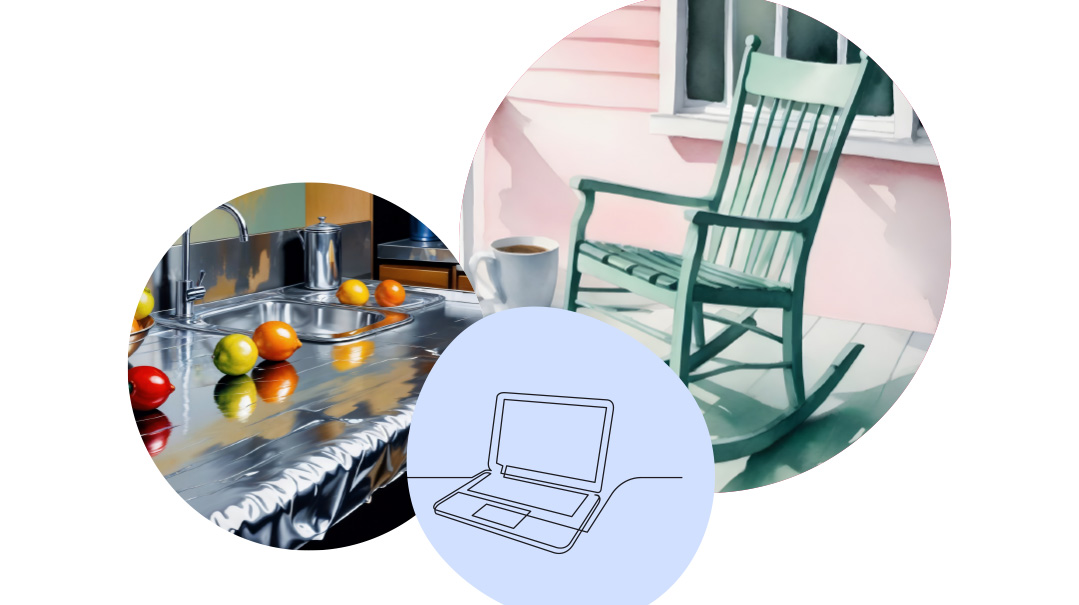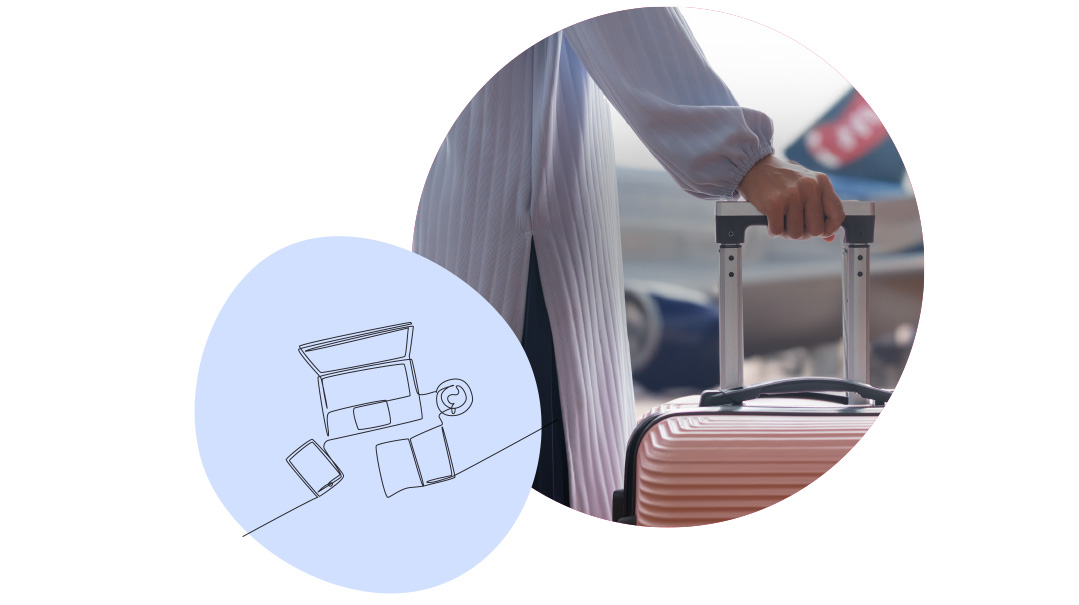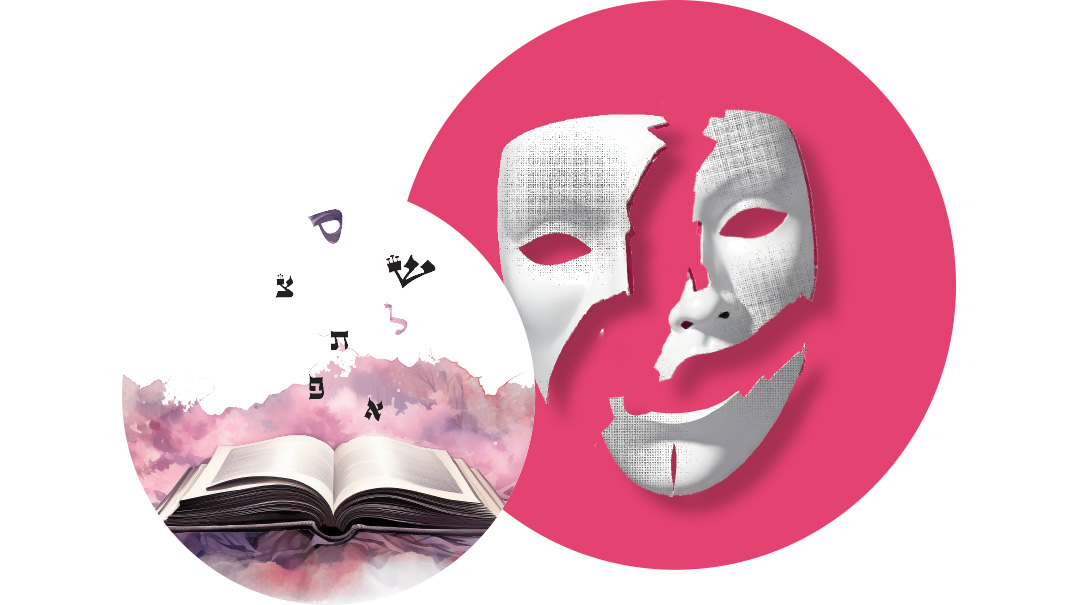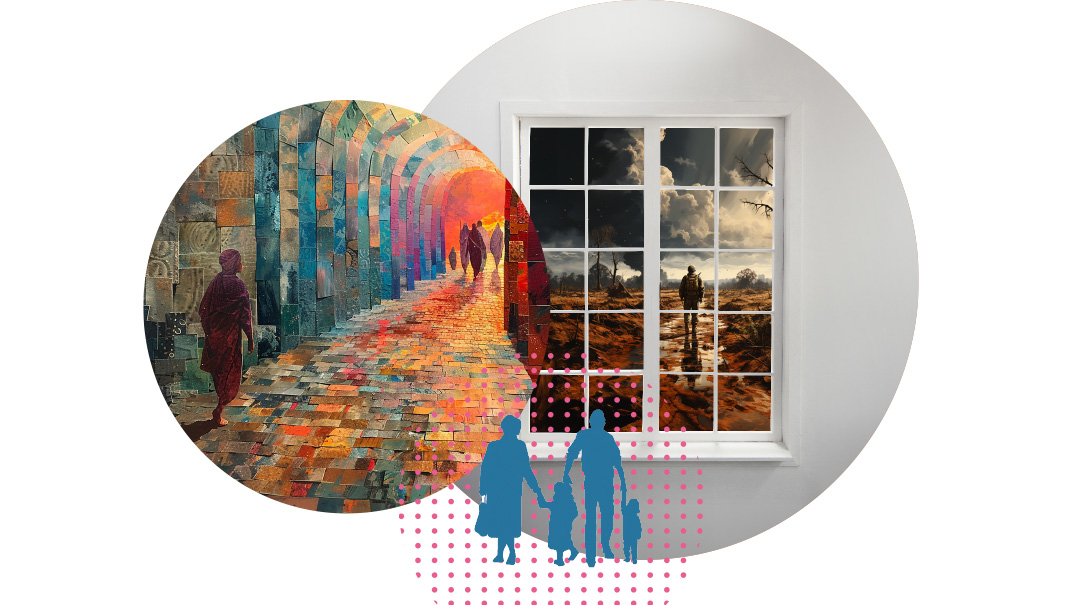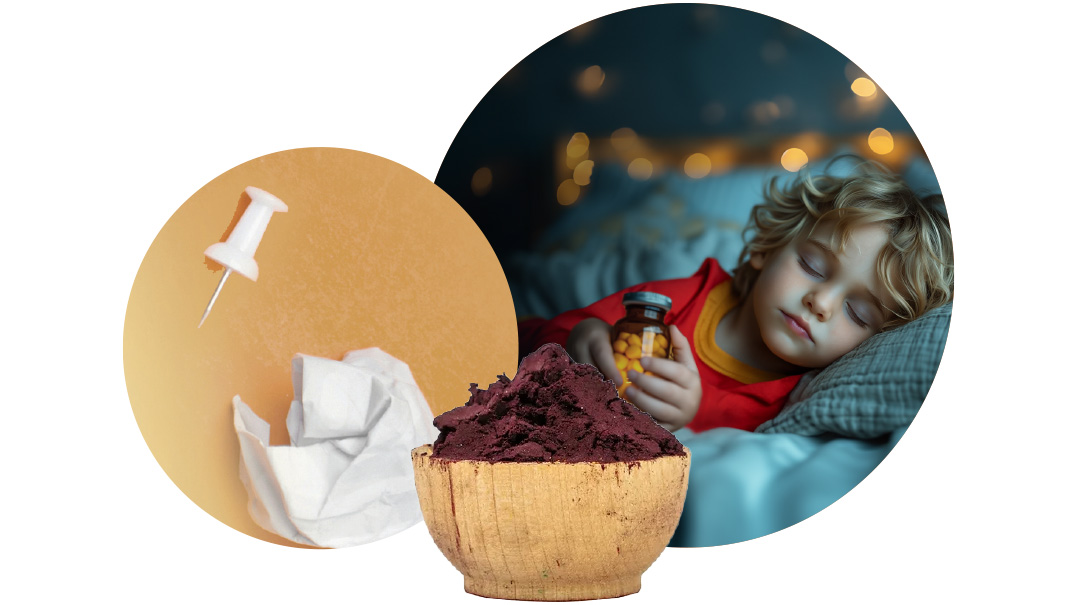Family First Inbox: Issue 793

You brought the subject to life — one that even with the well-written article, most women, men, and even doctors won’t be able to fully grasp.
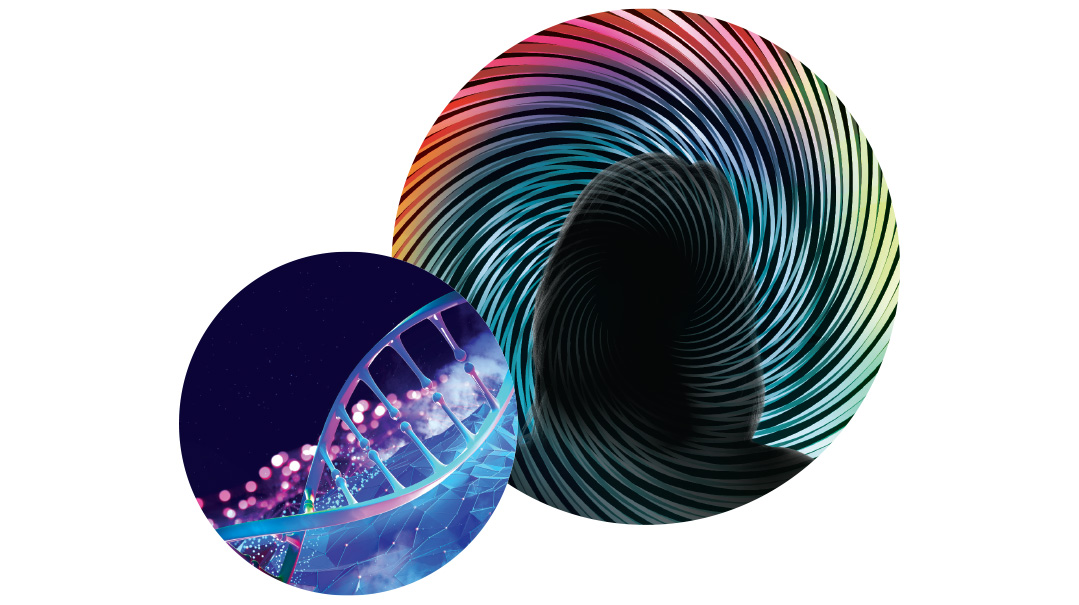
Put to the Test [Choose Life / Issue 792]
I wanted to thank Erin Stiebel for her article about being a BRCA carrier and the importance of testing. Breast cancer runs in my family. While my sisters and mother have chosen not to test for the gene, I’ve wanted to for a while. But as we all know… life happens and I never got around to it.
And then on Shabbos, I read your article, and felt so motivated to get it done that I made an appointment for first thing Sunday morning. Your doctor’s insight that “your children need you more than you need to have more children” was so eye-opening for me and I’m truly grateful to you for sharing your experience. It is in your merit that I went to get tested this morning! Thank you.
Name Withheld
Too Painful to Grasp [Emerging from the Whirlpool / Issue 791]
Thank you for your article about Hyperemesis gravidarum. You brought the subject to life — one that even with the well-written article, most women, men, and even doctors won’t be able to fully grasp.
There are so many memories: wanting the pregnancy to just be over (at one point miscarrying and almost having a weird feeling of relief, then feeling guilty about it afterward); having a good day and then panicking that it probably means the baby isn’t thriving (which means you don’t get to enjoy the short-lived good day!); feeling so misunderstood by others who can’t understand why you’re totally incapable of getting dressed and going to the corner grocery. I remember passing out on an almost daily basis and having my four-year-old son run to get my phone to call for help.
It was also extremely uncomfortable to have a random okay day and be able to get up and have people around you wondering why you need all that help if you look fine.
Reading makes you dizzy, watching makes you dizzy (there are some wonderful organizations that have Jewish video gemachs). And the silence. Talking naturally creates some amount of saliva. Which makes the nausea even worse. So I stopped talking — for weeks on end. The one or two words made me reel. I needed someone to feed me, and help me with every other little thing that we take for granted. And I can honestly say I know people who have it worse. I just don’t know how they did it.
I was asking sh’eilot I never dreamed I’d ask: If I have to do hatarat nedarim after vomiting for the 12th or 15th time in a few short hours and saying I can’t do this again, if I owe people money if I vomited on someone’s property. Things that are literally degrading. Having a heter not to fast Yom Kippur after coming home from the hospital on Erev didn’t help, since I was better off not eating anyhow...
And the fear of the side effects of the multiple medications! And the mental impact. When I start playing the game of “maybe I’m making it worse than it is” or even worse — “maybe somehow I want to throw up?” I remember asking my husband at one point if I somehow became bulimic. And the fear that it’s never going to end; that I’m so scared to do it over.
I must say that my amazing husband and my mother were an amazing source of comfort, as were two other people who suffered tremendously with HG. One came to visit me at home when I was expecting my third, and the other gave me strength when I was so so scared to have more kids. My kids’ school sent gemach girls to help me every night. Some people made dinners for me, and my son’s nursery teacher came over with dinner and plates and forks and spoons and cups and a plastic tablecloth too.
I would like to help organize a local group that helps mothers with HG who need help with laundry, dinners, babysitting, or anything else — with dignity. I can be contacted through Family First.
Estee Faham
Brooklyn, NY
Charting Success [Sidekick / Issue 790]
I very much enjoyed Esty Heller’s article about charts. As always, she had us all chuckling out loud as she voiced what we’re all thinking.
I wanted to share some successful chart ideas that I’ve used.
With my kids whose bedtimes are between seven and eight: I’d give them a massage in bed if they were in bed on time. Two to three minutes of massage is not too long, yet it feels long enough for the child — and they loved it so much that they really didn’t want to miss it.
For my older boys, who went to bed later, I gave them a dollar when they were in bed on time. If they missed the time by more than two minutes, they wouldn’t get the dollar. If they went to bed later than their (mutually agreed-upon) bedtime, they needed to give me a dollar. I paid them at the end of each week, and it was so worth the five dollars!
Another chart that was very successful was our smiley chart. At the beginning of the week, I hung up a sheet with everyone’s name and five smileys next to their name. This chart was born out of desperation when I found myself single-handedly cleaning and putting away after eight people. If I found someone’s stuff lying around, I turned one of their smileys into a frown. On Friday, anyone who had one frown or fewer got an ice cream sandwich. For each additional frown, I’d take away another quarter of the ice cream. My children really got into the habit of putting their things away! (Even my husband was inspired by this chart!)
Another Yiddishe Mama
We’re Just Like You [More Than Meets the Eye / Issue 787]
In your article about children with hidden disabilities, the article cites “these children and their brave families.” As a member of one such family, let me tell you: We are not brave. We’re just like any other family, with ups and downs — and with certain family members whose brains are made slightly different than yours. There is no normal, and each day is different.
The article portrayed children with hidden disabilities as difficult, a burden, unaware of his/her surroundings. But why can’t you show them in a good light? Who says autistic people aren’t smart? Because my autistic brother is a math genius. And when a kid with ADD or ADHD has taken her medicine, she can be fun to be around. And that kid with OCD? He’s very organized.
My family has gone to numerous shabbatons. We’ve been hosted for many Shabbos seudos, and we’ve hosted many of our own. My brother has never embarrassed himself or our family — he’s just very curious and can’t hold in all his different questions.
People with “special needs” make us and the world a better place, and special needs isn’t always a bad thing. A lot of people can say that their child who is neurologically different makes their life better. You really shouldn’t call someone who is the slightest bit different than you “special needs” — we all have different needs and wants.
Ruchama Brownstein, an (almost) teenager from Baltimore, MD
(Originally featured in Family First, Issue 793)
Oops! We could not locate your form.

